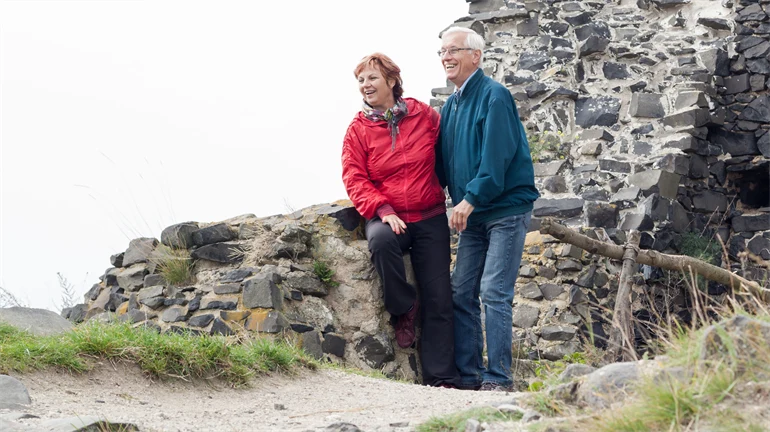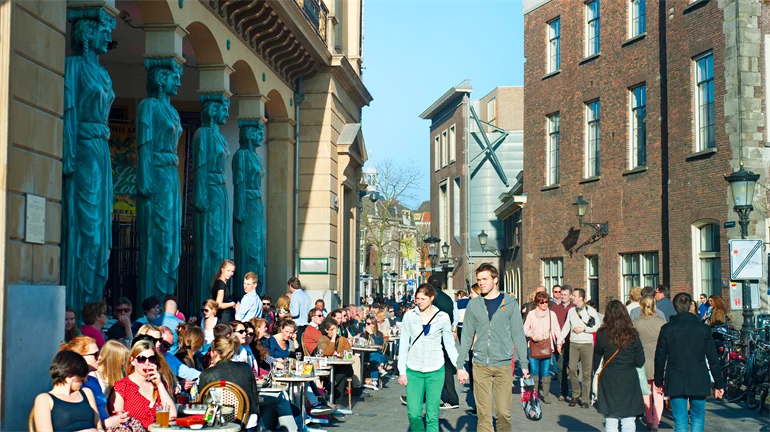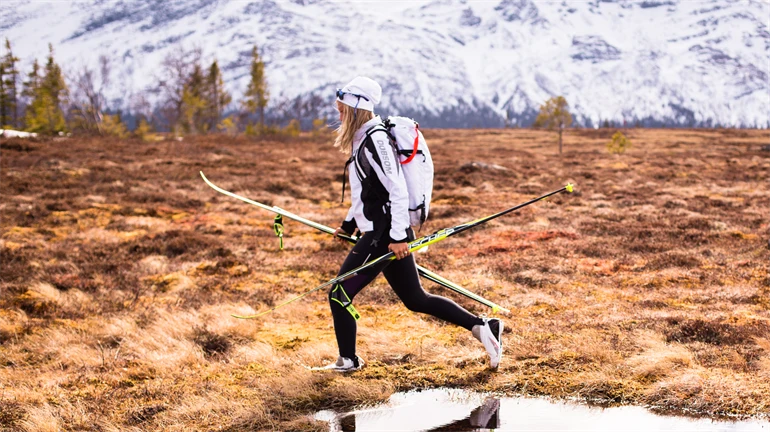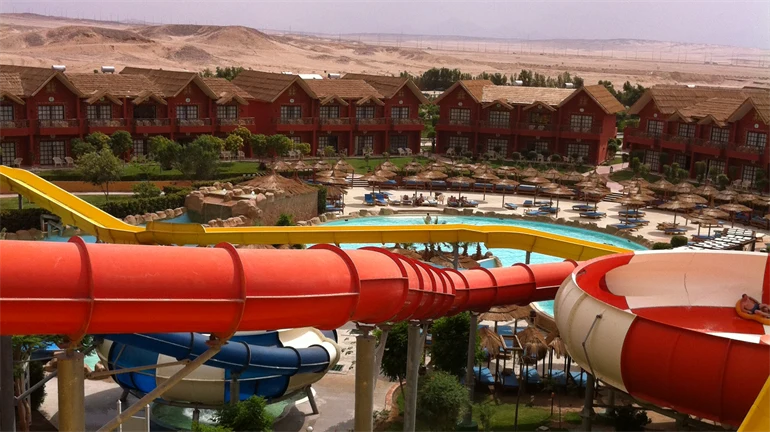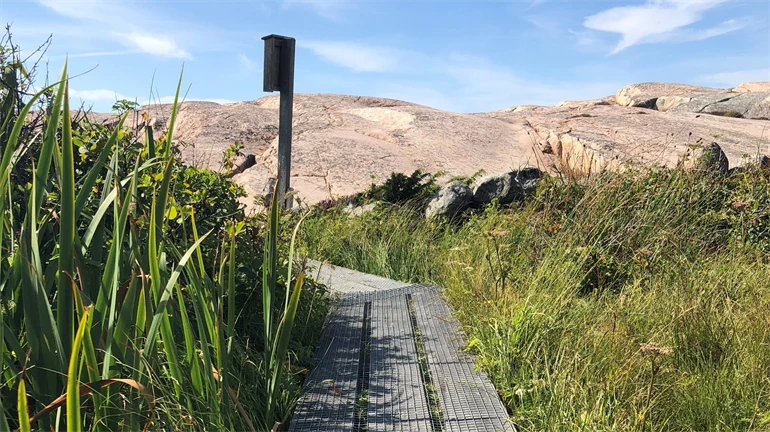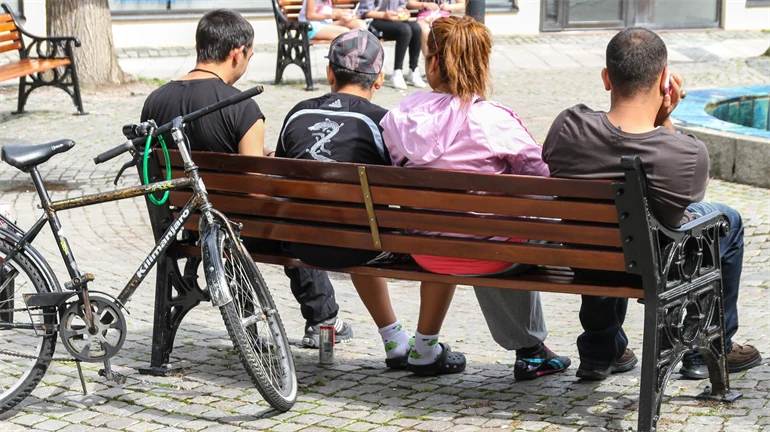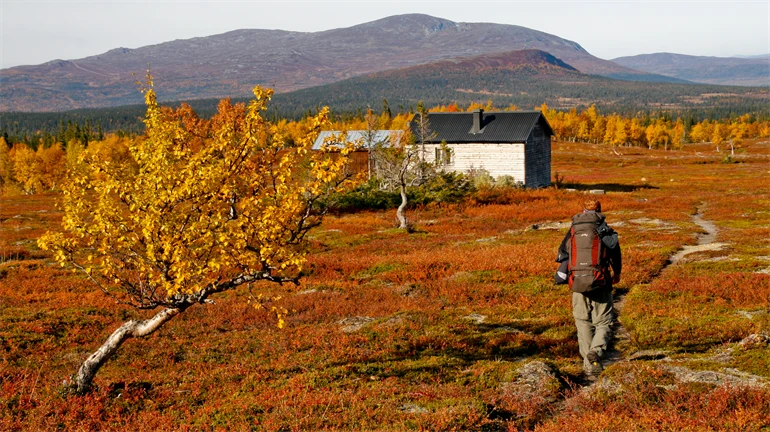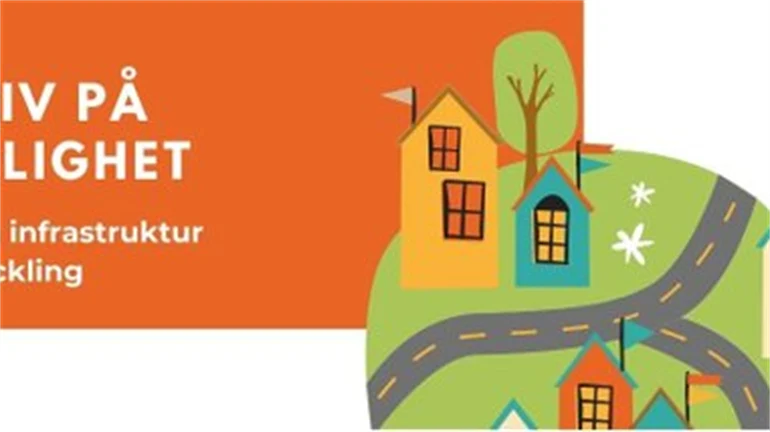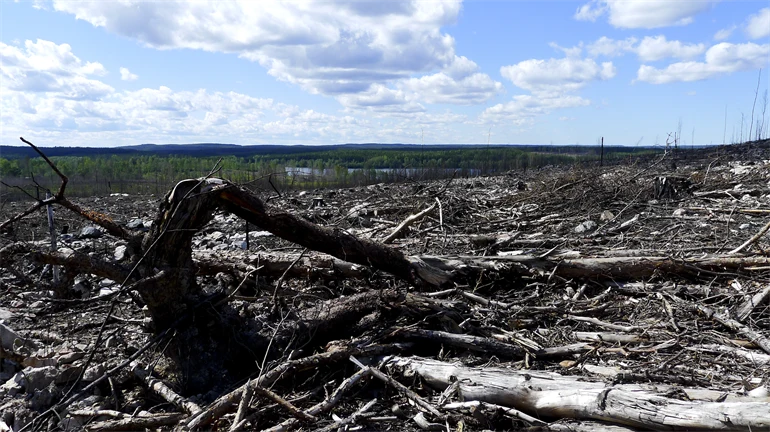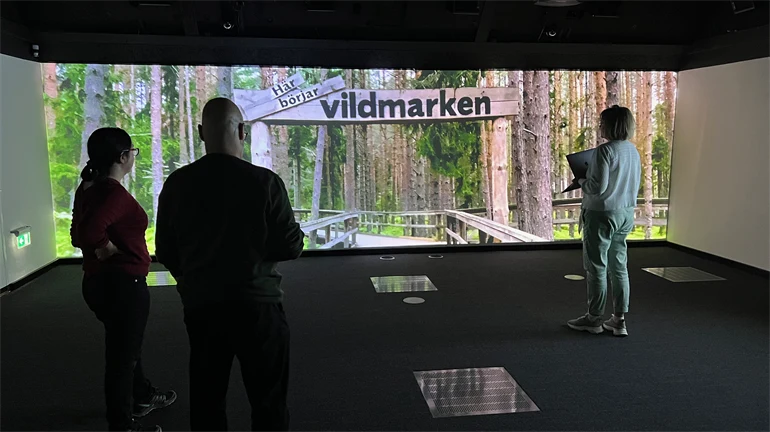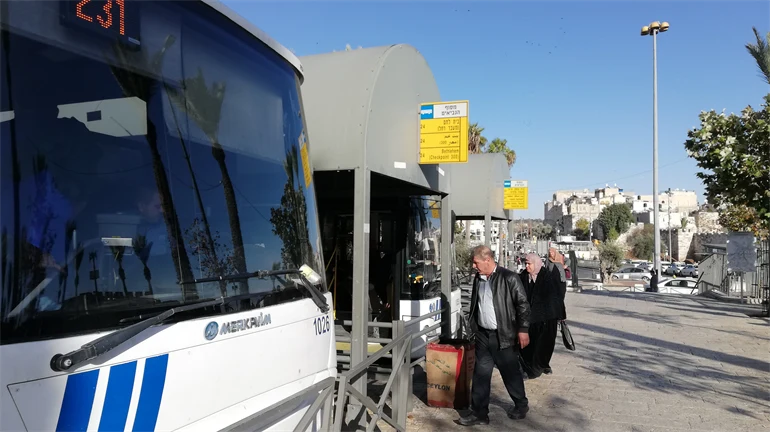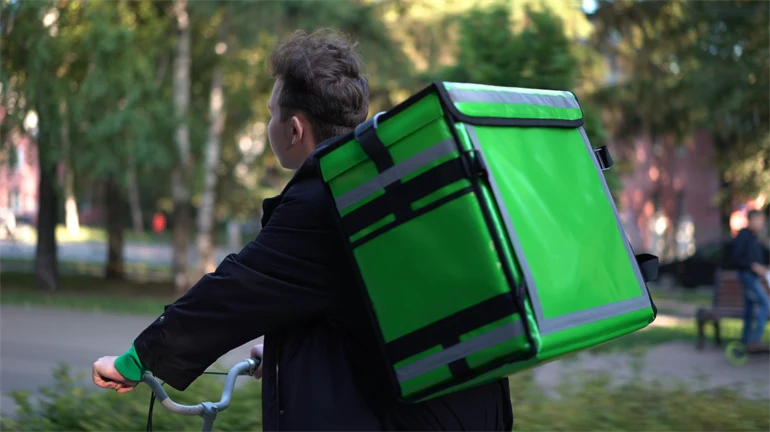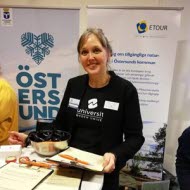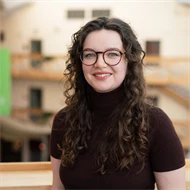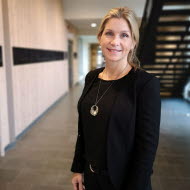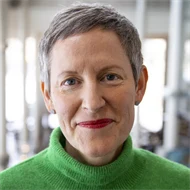Research in Human Geography
The discipline of human geography investigates the interaction between humans, societies, and the environment. Thus, human geography contributes to the social sciences by focusing on how the spatial organisation of different activities and operations affects humans, and conversely, on how human activity generates specific spatial outcomes. The geographers at MIUN conduct research in several topics including: exploring the interface between society and nature; examining and discussing concepts relating to space, place, and scale (the local and the global); and investigating various contemporary societal issues. In recent years, various research projects have included studies on tourism geographies, landscape and resource management, regional development, urban, economic, and political geography, labour, and feminist geographies. In almost all our studies, sustainability is included as an underlying theme. The geography unit within the Institution of Economics, Geography, Law, and Tourism consists of an active research community, whose members collaborate in international and cross-disciplinary research while also teaching at both undergraduate and graduate levels.
Tourism geographies
Tourism geographies is one of our key areas of specialisation and also one of the key research target areas identified in the ETOUR mission statement as well that of the PhD programme in tourism studies. We currently conduct tourism-related research in the context of mobility and infrastructure; work and workers; nature-based tourism; urban, economic, and political geography; climate change and small businesses; regional development; cultural heritage and rural landscapes, and tourism and peacebuilding. Further, our research in tourism geographies is truly interdisciplinary with particularly strong links to tourism studies, development studies, political economy, political ecology, and evolutionary economics.
Contact person: Dimitri Ioannides
Geographies of contested landscapes, resource management and planning
This thematic area involves explorations of the interface between nature and society; planning and management; nature conservation; and governance of natural and cultural heritage. Under this theme, we develop knowledge about how people and communities perceive, conceptualize, manage, and use resources and landscapes, and how different perspectives and perceptions are taken into account in planning and policy. Central to this theme is the multi-functionality of landscapes, and how this forms the basis for contradictory and conflicting discourses, practices, and management in various landscapes.
Contact person: Sandra Wall-Reinius
Economic, labour, and feminist geographies in transformation
Research within this area occurs at the intersection of feminist, economic and labour geographies, and includes studies of precarious work, labour mobility and migration. This thematic area involves projects on harassment and threats of violence in the hospitality workplace, and workers in the so-called gig economy and the changing geographies of work, labour-and-life geographies, as well as the transformation of the meanings of ‘workplace’. Further, the intersection of tourism work and workers in the context of sustainability is emerging as a key area of research.
Contact person: Kristina Zampoukos

